QuestionOkay, so, this may be the wrong place to ask, but I've read some smart articles pertaining to pH in fish tanks. I am an honors Chemistry I student, and we are assigned a topic for a presentation; mine just so happened to be 'How can you balance the solubility of substances in a fish aquarium?'. I am currently struggling to find the answer I'm looking for, and I found some good things here about pH, which somehow relates to solubility ,(according to my teacher). Help, please; My partner wont do any work and it's due Friday :/ Anything related to solubility of a fishtank will help me with this. So the question is, How can you balance the solubility of substances in a fish tank?
AnswerHello there,
This may be something that you might want to repost to a saltwater expert. In freshwater aquariums, we mostly focus on the relationship between pH and alkalinity. Alkalinity keeps pH buffered so that it resists the acidification that occurs in all aquariums. Fish produce waste, the waste breaks down and this process drives down the pH of aquariums. pH is based on an algorithm of 10, so a pH difference of one point is significant - a pH of 6 is ten times more acidic than a pH of 7, and a pH of 8 is ten times more alkaline. The pH is more of a "snapshot" of the water chemistry; the real information about the aquarium is in the alkalinity (KH) and general hardness (GH) values.
More on that here:
http://faq.thekrib.com/begin-chem.html
Adding things like driftwood, leaves and peat adds more organic substances which slowly break down, releasing things like tannins and humic acids which bring down the pH. (That's why when keeping fish that like acidic water, such as Amazonian fish like discus and cardinal tetras, these materials are often used).
How much they bring it down depends on how much "buffering" the aquarium has - is the water hard and alkaline? Then it won't make much difference at all. But if using rainwater or reverse/osmosis water mixed in with regular tap water, then the water will be less alkaline so it will make a considerable difference.
Adding things like crushed coral and limestone have the opposite effect in an aquarium. They raise the pH of the water because they are primarily made of calcium carbonate. When keeping fish that like hard water (such as Lake Malawi and Lake Tanganyikan cichlids from Africa) these materials (such as Texas Holey Rock, a kind of limestone) are often used.
I don't know how much this helps, these are the things I know about as they pertain to freshwater aquariums. A saltwater expert might have a completely different idea! Unfortunately we are really not supposed to help with homework questions so you might want to rephrase your question. I thought your question was interesting and could be a help to others, so that's why I helped you anyway.
Here is some more reading for your project:
http://reefkeeping.com/issues/2006-06/rhf/index.php
http://www.wetwebmedia.com/FWsubwebindex/fwhardness.htm
http://www.wetwebmedia.com/FWsubwebindex/fwsoftness.htm
http://www.wetwebmedia.com/FWsubwebindex/fwph,alk.htm
Good luck, I hope that helps!
Nicole
P.S. Be sure and tell your teacher about the unhelpfulness of your partner. Better to do it sooner than later! She might reassign you someone else or at least grade you leniently. Believe me, I've had my share of unhelpful partners in science class...

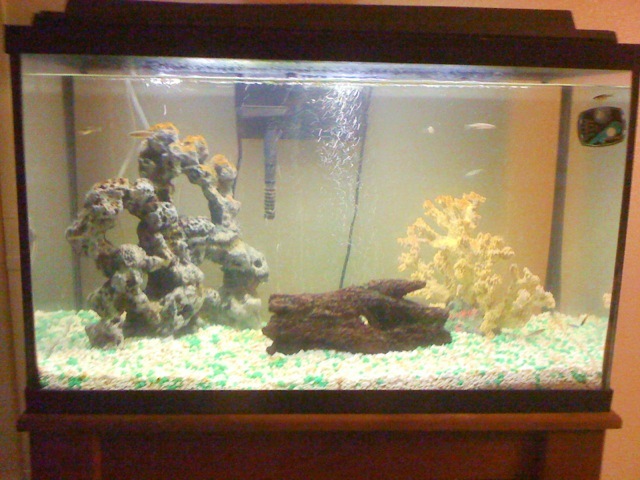 Adding Fish To My Freshwater Tank
Question
My Tank
Hi Jaymie,
My name
Adding Fish To My Freshwater Tank
Question
My Tank
Hi Jaymie,
My name
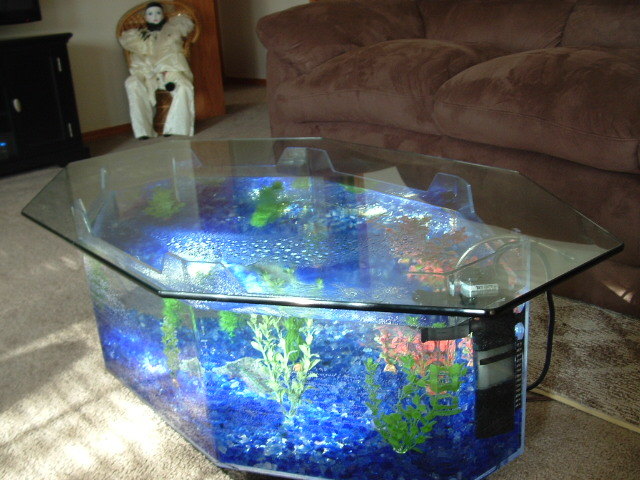 airator
Question
25 gallon fish tank
i have a dive power submer
airator
Question
25 gallon fish tank
i have a dive power submer
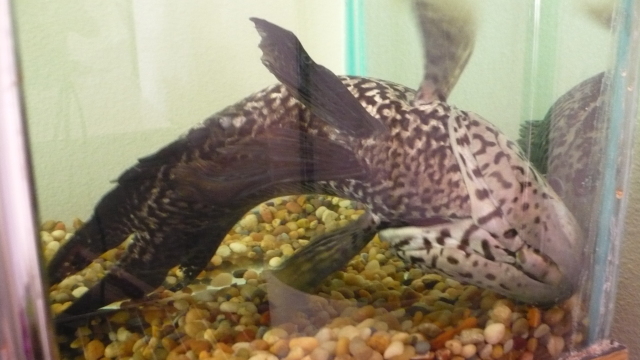 Swim Bladder Problem
Question
Buttnippers Problem
I have an 8 yr old Manguan
Swim Bladder Problem
Question
Buttnippers Problem
I have an 8 yr old Manguan
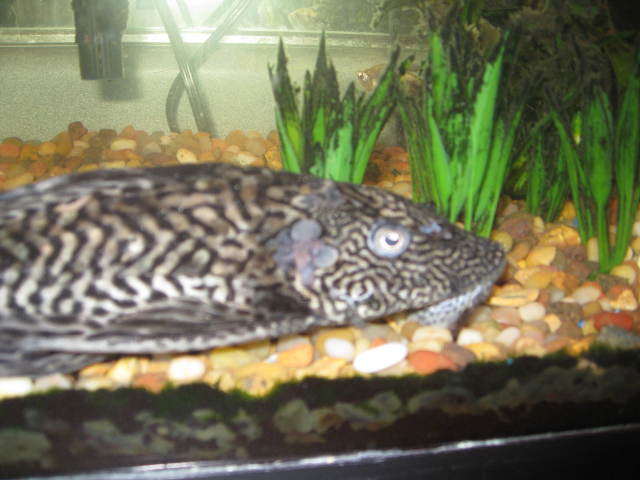 Pleco with bubbly growth
QuestionQUESTION: Im not a real fish person, but I have
Pleco with bubbly growth
QuestionQUESTION: Im not a real fish person, but I have
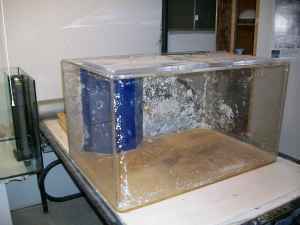 Drilled tank ?
Question
75 gallon acrylic
Hello, and thanks for answer
Drilled tank ?
Question
75 gallon acrylic
Hello, and thanks for answer